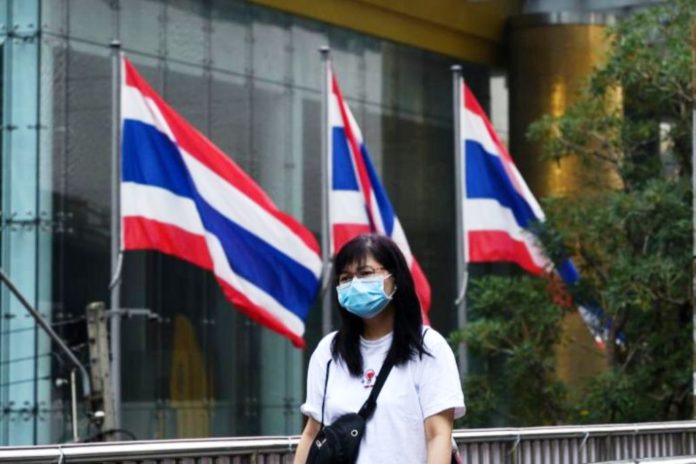If you're planning a trip to Thailand, here's what you'll need to know and expect if you want to visit during the global coronavirus pandemic.
The basics
Thailand has recorded just 60 deaths and over 6,000 cases of Covid-19.
The country remains off limits for all but returning nationals, permanent residents, and tourists from a select number of low risk countries.
What's on offer
Picture-perfect islands. Golden beaches with swaying palms. Ornate temples and lush forests.
Thailand has long been the go-to destination for those after a no-nonsense, easy-on-the-eye tropical break.
Who can go
Entry to Thailand is limited to nationals, permanent residents and a select number of exemptions for essential travel, including spouses.
As of December 8, the Thai government has agreed to allow in tourists from countries which take up its Special Tourist Visa (STV) — any country in the world can sign up for the scheme.
Arrivals will still be subject to stringent quarantine and testing rules.
What are the restrictions?
The STV, introduced in October 2020, allows for 90-day stays, and can be renewed twice.
Having initially been offered to travelers from 'low risk countries', it is now available to travelers from all countries worldwide.
You must apply for an STV via the Thai consulate or embassy in your own country, along with a Certificate of Entry (COE).
You must also provide proof of an insurance policy that covers treatment for Covid-19 up to the cost of $100,000 and a negative PCR test taken within 72 hours of departure.
A PCR test must be taken on arrival, after which all travelers must quarantine for 14 days at government-
approved quarantine facilities or Alternative State Quarantine (ASQ) facilities.
This can include luxury hotels, some of which are developing quarantine packages.
What's the Covid situation?
Covid cases remain low, with minimal community transmission thanks to strict quarantine on arrival rules.
However, a spike in cases in late November and early December close to the Myanmar border has led to some concern that the situation could worsen.
A single case in Phuket in October led to the reopening of the popular destination to tourists being delayed for three months.
In December 2020 it was reported that 70 percent of its businesses remained shut.
Daily reported Covid-19 cases
What can visitors expect?
Most shops, bars and restaurants have reopened, with social distancing measures in place, although local measures may mean that certain entertainment venues are still shut.
Popular tourist spots are far quieter than usual, so those keen on a less hectic break will find much to enjoy.


Inga kommentarer:
Skicka en kommentar